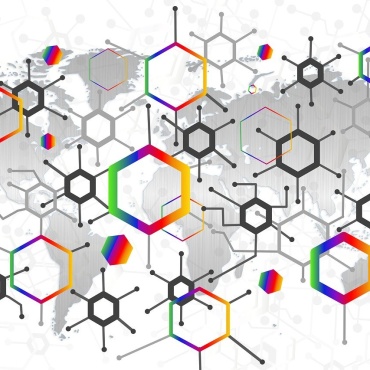Priority question to the Commission and Council: Hate violence at Split Pride in Croatia
Today the Co-Presidents of the LGBT Intergroup tabled two priority written questions on the recent violence at Split Pride in Croatia, and how these would influence accession negotiations with Croatia.
Both questions recall the facts:
On 11 June, my colleague Marije Cornelissen took part in the first LGBT pride march in Split, Croatia. It was met with violence from a crowd of between 2,000 and 10,000 right-wing extremists (personal and press reports). The police failed to protect participants adequately by not keeping protestors at a safe distance from marchers. Peaceful marchers were intimidated, subjected to shouts and chants of “Kill the faggots” and “Kill kill kill”, presented with arrays of Nazi salutes, and the target of projectiles including firecrackers, stones and tomatoes. Eight people were injured from the police, journalists and activists; six were taken to the hospital. 171 arrests were made.
Initial reports point to police forces being unprepared, and not adequately protecting pride participants when they were attacked. The police does not appear to have had any intelligence on a gathering of at least 2,000 people, which was not spontaneous. The weeks leading to the event saw Split covered in hateful graffiti, and threats were made, including on Facebook where a few thousand people joined a hateful group inciting violence against pride participants.
Although Croatian President Ivo Josipovic and Prime Minister Jadranka Kosor both condemned the violence, no other action than charging some of the arrested protestors was announced. Afterwards, the Mayor of Split even blamed pride organisers for what happened.
On 10 June, the European Commission proposed to the Council closing the remaining four chapters of accession negotiations with Croatia, including the ‘Justice and Fundamental Rights’ chapter (MEMO/11/397).
The European Commission is responsible for bringing countries ‘up to speed’ on EU standards and legislation. Once it considers this is the case, it proposes that the European Council allow the country to join the EU by a unanimous decision of all existing Member States. The European Parliament must then validate this decision.
The question by Ulrike Lunacek MEP to the Council of the European Union asks:
How will the Council convey its concern over these events to Croatian authorities?
How will these events in Split be taken into account by the Council in accession negotiations with Croatia?
Will the Council press for stricter monitoring mechanisms, both by the Commission and domestically, for the implementation of reforms especially in relation to Chapter 23?
The question by Michael Cashman MEP to the European Commission also asks:
How will the Commission convey its concern over these events to Croatian authorities?
How will these events in Split be taken into account in accession negotiations with Croatia, as well as monitoring developments and implementing reforms in Croatia?
Will the Commission press for the implementation of a monitoring mechanism as suggested by a platform of 15 non-governmental organisations, which intends to implement such a monitoring mechanism based in the Croatian Parliament, in order to ensure transparency?
Each institution must answer the questions within a delay of three weeks.
Read more:
- Priority question from Michael Cashman to the European Commission: question / answer
- Priority question from Ulrike Lunacek to the Council of the EU: question / answer






